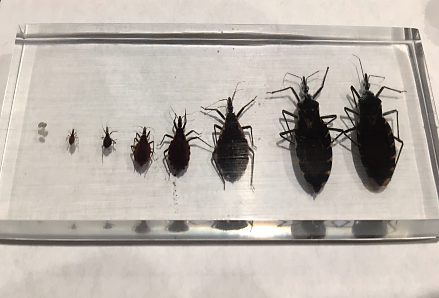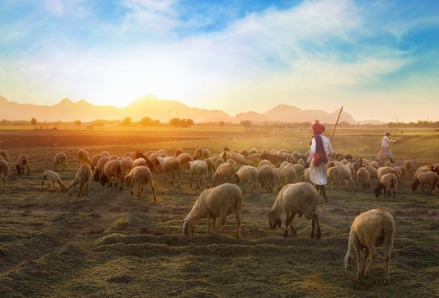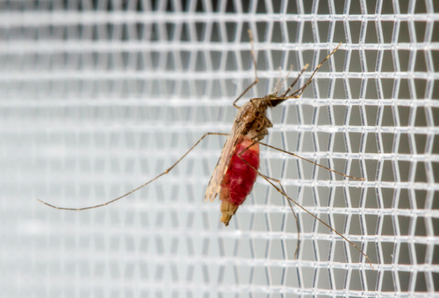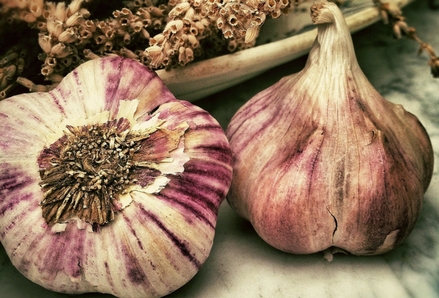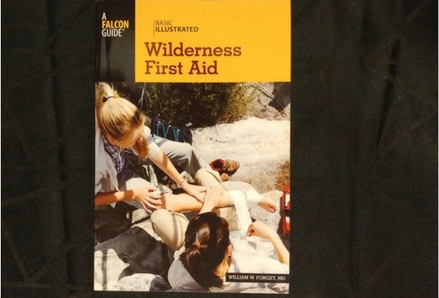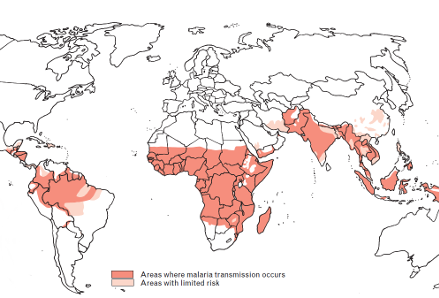Did you know that as travellers, we are having significant impact on climate change? Global tourism accounts for a staggering 8% of all carbon emissions. This is four times higher than originally thought and accounts for the energy needed to support the tourism industry and related goods and services. The global tourism industry is projected to continue growing, but without a commitment to sustainable growth and reduced emissions, the effects of climate change will continue to take hold. To travel as a tourist is a privilege and we owe it to the people and places we visit to be respectful and conscious of our impact. Together, we need to commit to more sustainable forms of travel. Here are five ...





